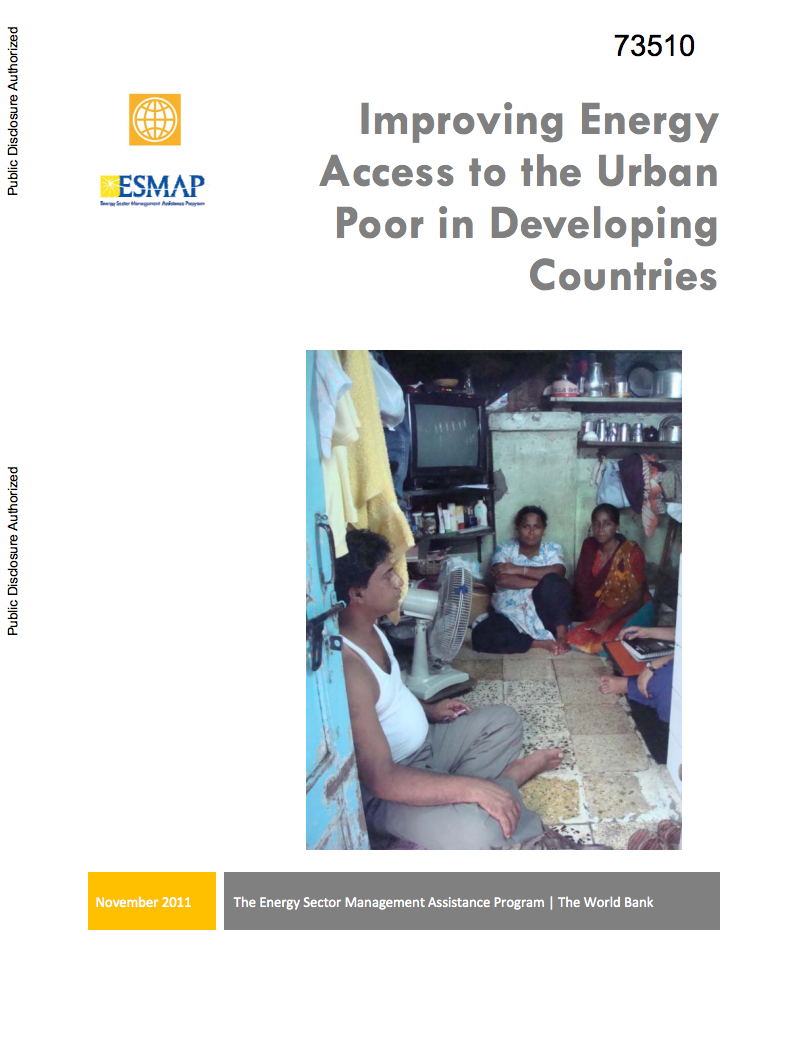Memo to the Mayor : Improving Access to Urban Land for All Residents - Fulfilling the Promise
As the world is urbanizing, many cities
are grappling with a population that is growing rapidly,
thereby increasing demand for land and housing. This
pressure on land and housing markets often is exacerbated by
inappropriate or inadequate policies. The result is a supply
of well-located land and housing that falls well short of
demand and the proliferation of poorly serviced informal
settlements, many of which are located far from jobs, city


